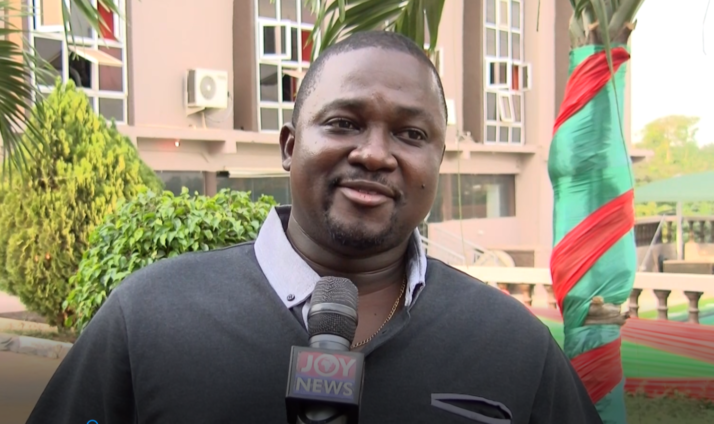The Right to Information Commission (RTI) says it is not satisfied with public participation in accessing information from public offices.
Commissioner, Yaw Sarpong Boateng, revealed only 200 Ghanaians have so far applied for information under the Right to Information Act.
“Well, if you have over 30 million Ghanaians and you can record about 200 in usage, then you cannot say that we have been successful, so it’s the beginning of its use.
“Despite the few people taking advantage of the law, the RTI Commissioner says it is too early to measure its success,” he said.
He encourages more Ghanaians, especially journalists, to take advantage of the law to source information.
Ghana's parliament passed the Right to Information Act 2019 (ACT 989) on March 26, 2019, after several years of waiting.
It became effective in January 2020 after receiving presidential approval on May 21, 2019.
The passage into law of the Right to Information Bill has been hailed by many, especially journalists, in sourcing information from public institutions.
But two years after the law became effective, the Right to Information Commission says only 200 complaints have been received.
“I’m reluctant to talk about successes. But, I think that the biggest success is that we have accepted to have this law operate in our environment in Ghana.
"As to the successes, I think it’s too early to measure it. We should wait till it has been used for over five years before we can tell how well we have implemented it.”
Instead, Mr Boateng said Ghanaians must be encouraged to test the law as the Commission increases public sensitisation campaigns.
“So far, there are some Ghanaians who have made it a point to utilise the dictates of the law in all aspects of the public, and we should commend them for the efforts at using the law.
“What I would like to add is that when you use the law to activate the process of getting some information, and you are not successful, we should end it there. We should test the law to the limit; beyond the Commission, go as far as the court as well,” he said.
“So I think that so far a few Ghanaians have done that and I will encourage more Ghanaians to take advantage especially journalists who require the use of the law more effectively,” Mr. Boateng added.
The Commission hopes to expand its current public education drive from six to all regions.
“We see the biggest challenge to implementation as education, and from last year, we instituted what we call the Right to Information week, which we are going to repeat every year, which will help to send the awareness of the law across all platforms.
"Yes, its early days yet but I think so far we have been able to hold public in about 6 regions and this year, we seek to complete the rest of the regions and to ensure that Ghanaians get to know about the law, its usage will become their daily lifestyles. So that is our focus.”
Latest Stories
-
GBC accuses Deputy Information Minister Sylvester Tetteh of demolishing its bungalow illegally
10 mins -
Boost for education as government commissions 80 projects
22 mins -
NAPO commissions library to honour Atta-Mills’ memory
33 mins -
OmniBSIC Bank champions health and wellness with thriving community walk
34 mins -
Kora Wearables unveils Neo: The Ultimate Smartwatch for Ghana’s tech-savvy and health-conscious users
38 mins -
NDC supports Dampare’s ‘no guns at polling stations’ directive
41 mins -
Police officer interdicted after video of assault goes viral
59 mins -
KNUST’s Prof. Reginald Annan named first African recipient of World Cancer Research Fund
60 mins -
George Twum-Barimah-Adu pledges inclusive cabinet with Minority and Majority leaders
2 hours -
Labourer jailed 5 years for inflicting cutlass wounds on businessman
2 hours -
Parliament urged to fast-track passage of Road Traffic Amendment Bill
2 hours -
Mr Daniel Kofi Asante aka Electrician
2 hours -
Minerals Commission, Solidaridad unveils forum to tackle child labour in mining sector
2 hours -
Election 2024: Engagement with security services productive – NDC
2 hours -
Retain NPP for the good of Ghana – Rebecca Akufo-Addo
2 hours

